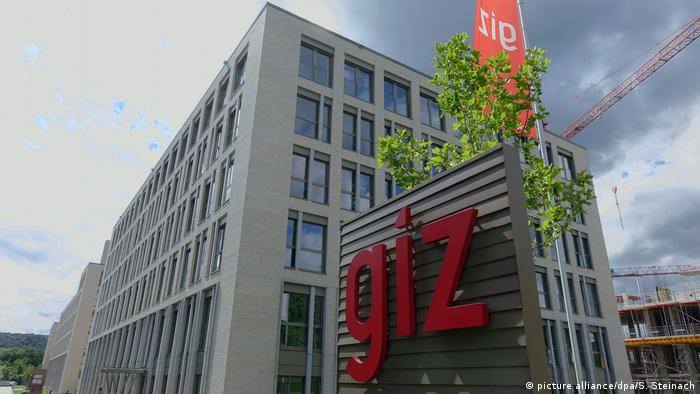By Tony Obiechina, Abuja
The German government, through its agency for international cooperation (GIZ), said it has facilitated earnings of over N650 million for small businesses, through its Nigeria Competitiveness Project (NICOP).
The four-year project which was commissioned in 2018 by the German Federal Ministry for Economic Cooperation and Development (BMZ) and co-funded by the European Union, has successfully concluded its implementation in Nigeria.
Speaking during the wind-down ceremony in Abuja, Markus Wagner, GIZ Country Director said that the project was designed to support key value chains in Nigeria, with focus on tomato, pepper, ginger, leather, and garment.
According to him, the project is aimed at promoting structural transformation, to overcome coordination and linkage failures as well as improve access to regional and international markets.
“Since its commencement in April 2019, NICOP has focused on inclusivity and innovation to improve competitiveness throughout tomato, ginger, chilli, leather, and garment value chains.
“lt has worked to improve stakeholder coordination and address the challenges facing the business climate and access to finance by demonstrating sustainable commercial opportunities.
“With the completion of all planned project activities in 2023 and the achievement of its objectives, NICOP is officially closing and handing over all initiatives to its implementing partners and beneficiaries,” he said.
In her remarks, the head of project NICOP, Ana Vinambres listed the achievements of the project to include: realisation of over N650 million earnings from exportation of goods produced by beneficiaries.
According to her, NICOP has pursued a proof of concept approach to demonstrate successful project that could be refined, improved and replicated.
“NICOP’s wide variety of beneficiaries across the selected value chain such as smallholder farmers, cooperatives, commercial farmers, Processors, invited the adoption of the inclusive business approach.
“NICOP has empowered MSMEs to seize opportunities, add value, and improve livelihoods in the focal states of Kano, Kaduna, Plateau, Ogun, Oyo, Lagos, Abia, and Kebbi.
“All activities have continuously supported women to deliver meaningful opportunities for economic empowerment through capacity development and better access to more diverse markets,” she said.
She pointed out that the project deepened beneficiaries’ access to market, and exposure to exhibitions and trade fares to increase product visibility.
“During the program, over 1,300 farmers were trained on contract farming, over 200 farmers were engaged in contract rmjng agreements. We have over 29,000 beneficiaries in all the value chains.
“We had more than 10 large market linkage facilitated for both farmers and processors.
“NlCOP’s achievements extend beyond economic impact. The project has also contributed to positive gender outcomes and has explored opportunities to incorporate digital and green solutions in proposals moving forward”, she said.
In his remarks, Frank Okafor of the EU delegation to Nigeria commended the project coordinators, while pledging the continued support of the European Union to development in the country.


